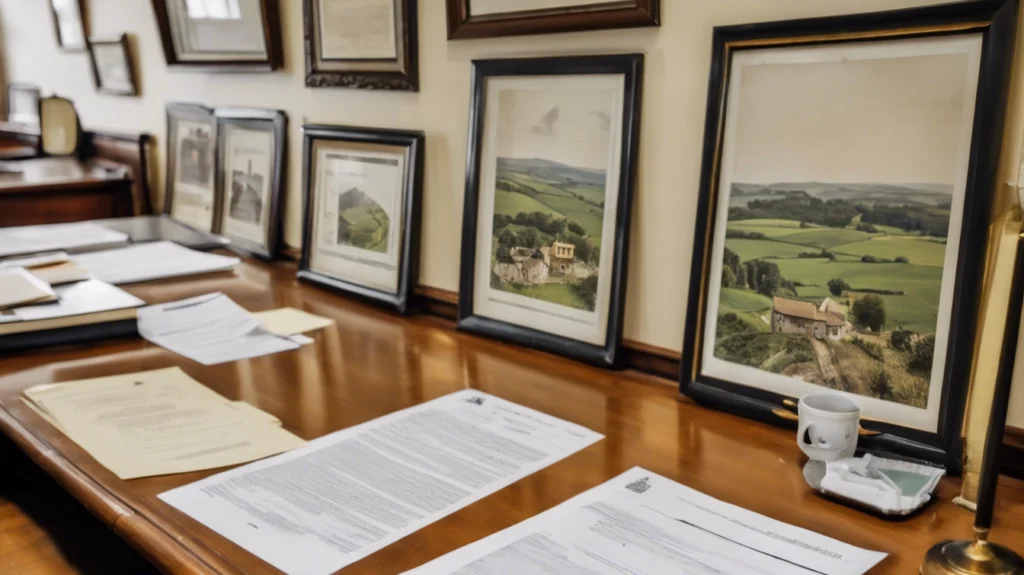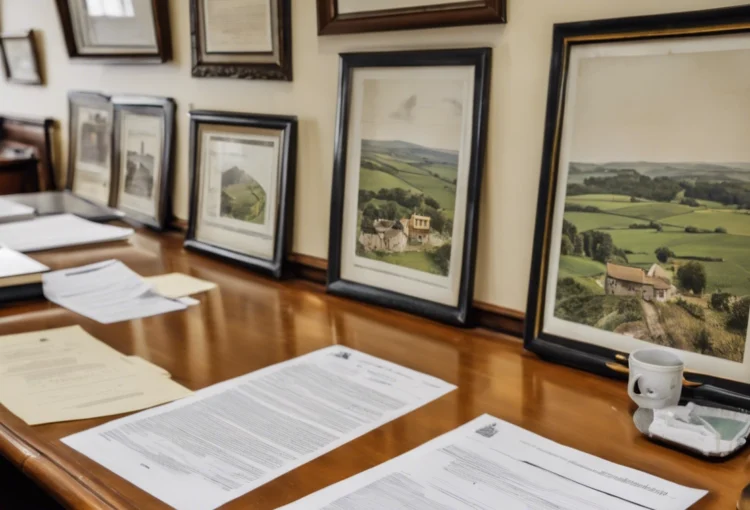
The Town and Country Planning Act was first introduced in the United Kingdom in 1947. This piece of legislation was enacted to help regulate the development and use of land in England and Wales. The act established a planning system that required individuals or companies to obtain permission before carrying out developments or changes to land use.
The Town and Country Planning Act defines the purpose of town and country planning as the promotion of sustainable development and the use of land in the public interest. It provides guidelines for coordinating land use with different policies, such as environmental protection, transportation, and social and economic development.
One of the most significant provisions of the act is the requirement for local planning authorities to prepare development plans for their areas. These plans set out the vision for the future use of land and include policies relating to the type and amount of development allowed in different areas.
The act has gone through several revisions, with the most recent one being the Town and Country Planning (Amendment) (England) Regulations 2018. The act remains an essential tool in controlling development and shaping the built environment in the UK today.












